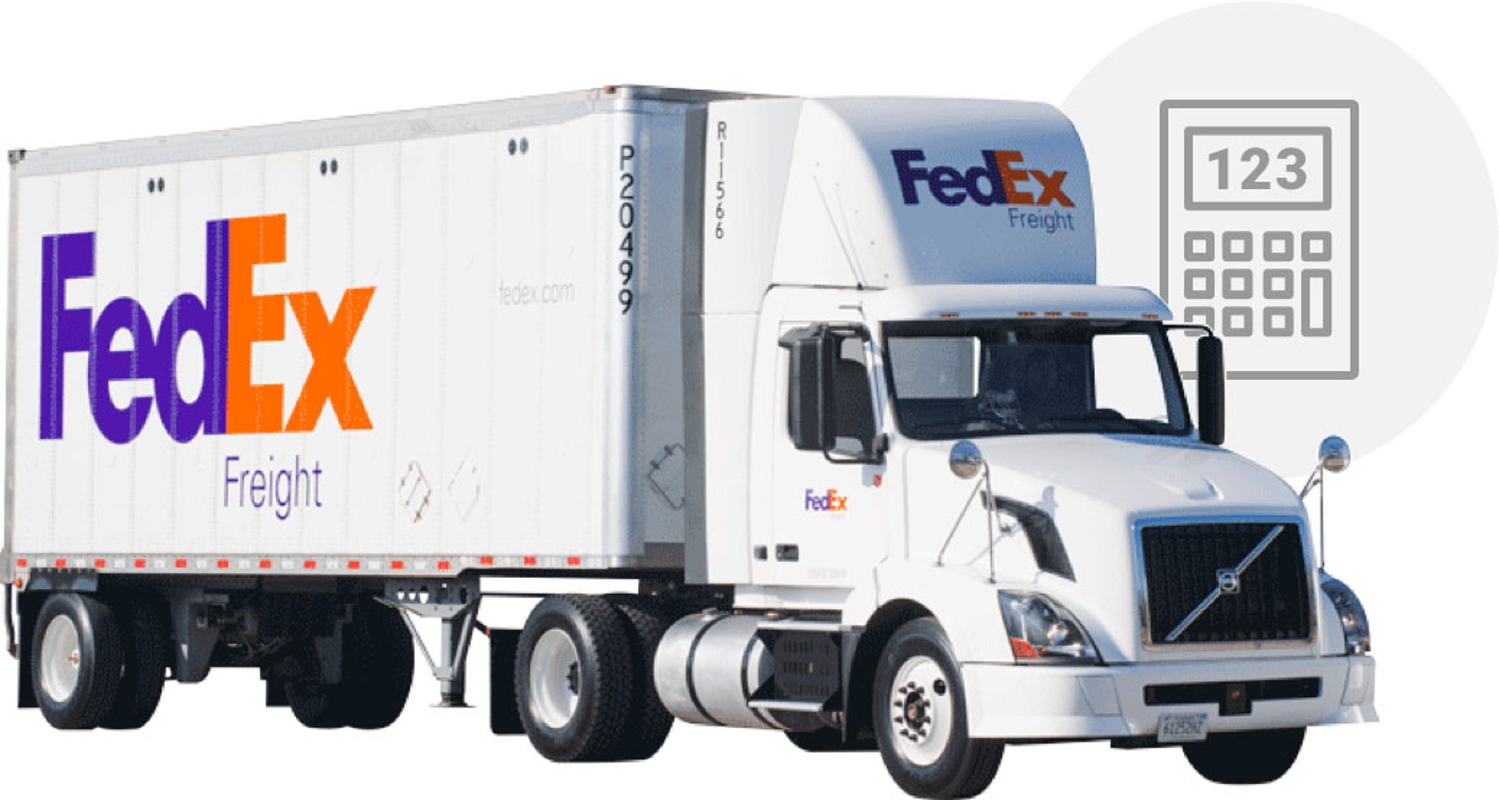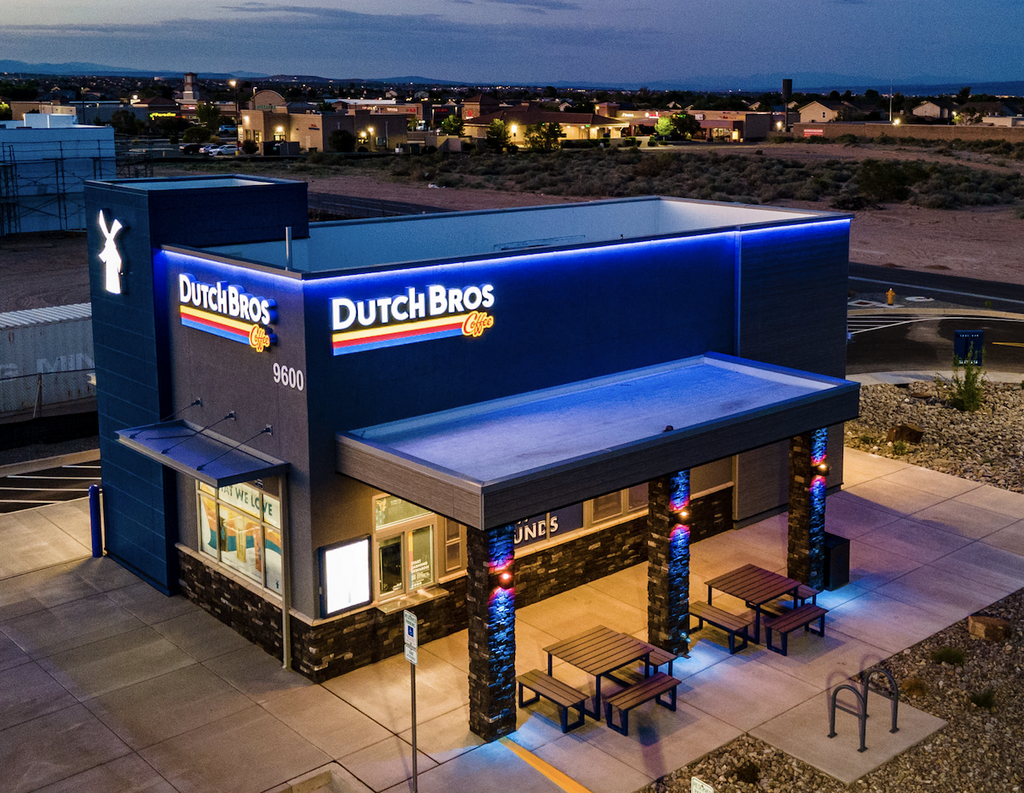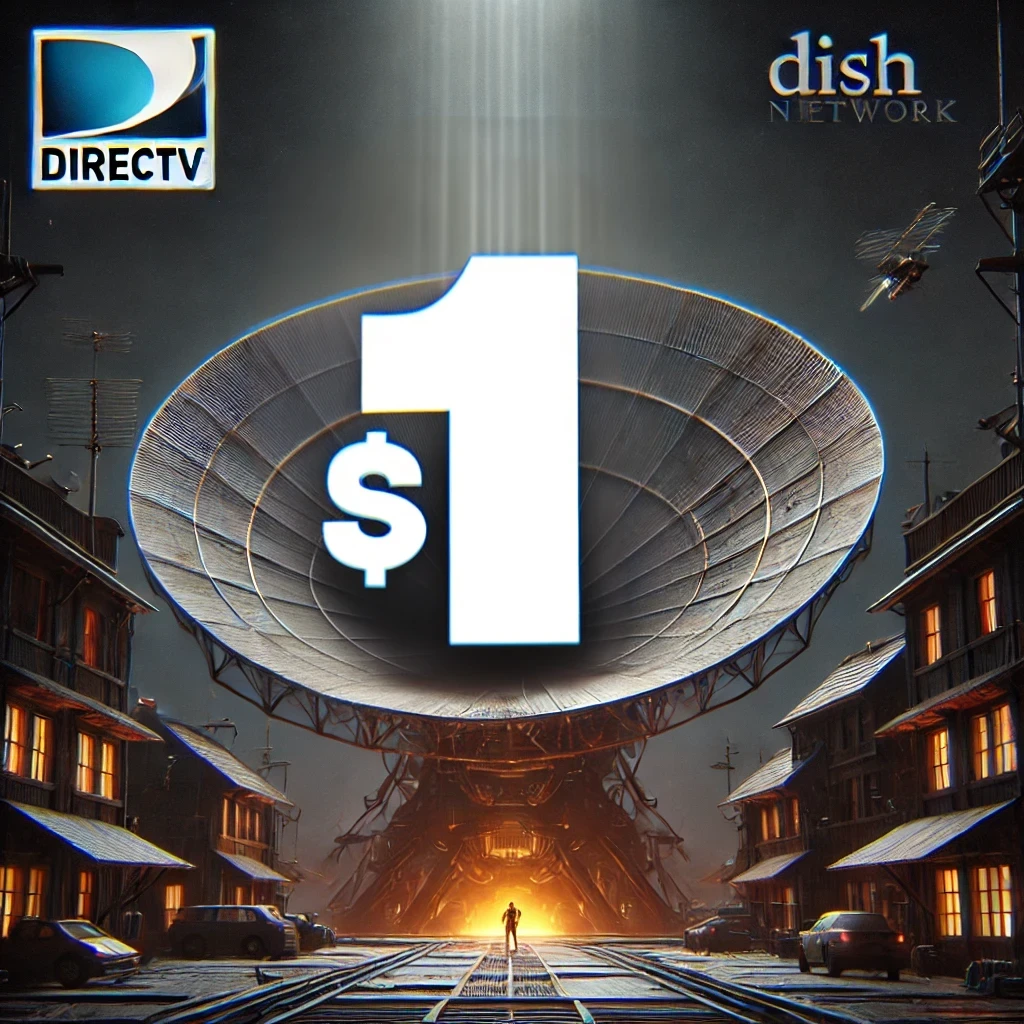
In a big move for the TV industry, DirecTV has announced it will buy Dish Network, combining two major satellite TV companies. But while this might seem like a big deal, the real question is whether it even matters anymore. With so many people switching to streaming services and new internet options like Starlink, is satellite TV becoming a thing of the past?
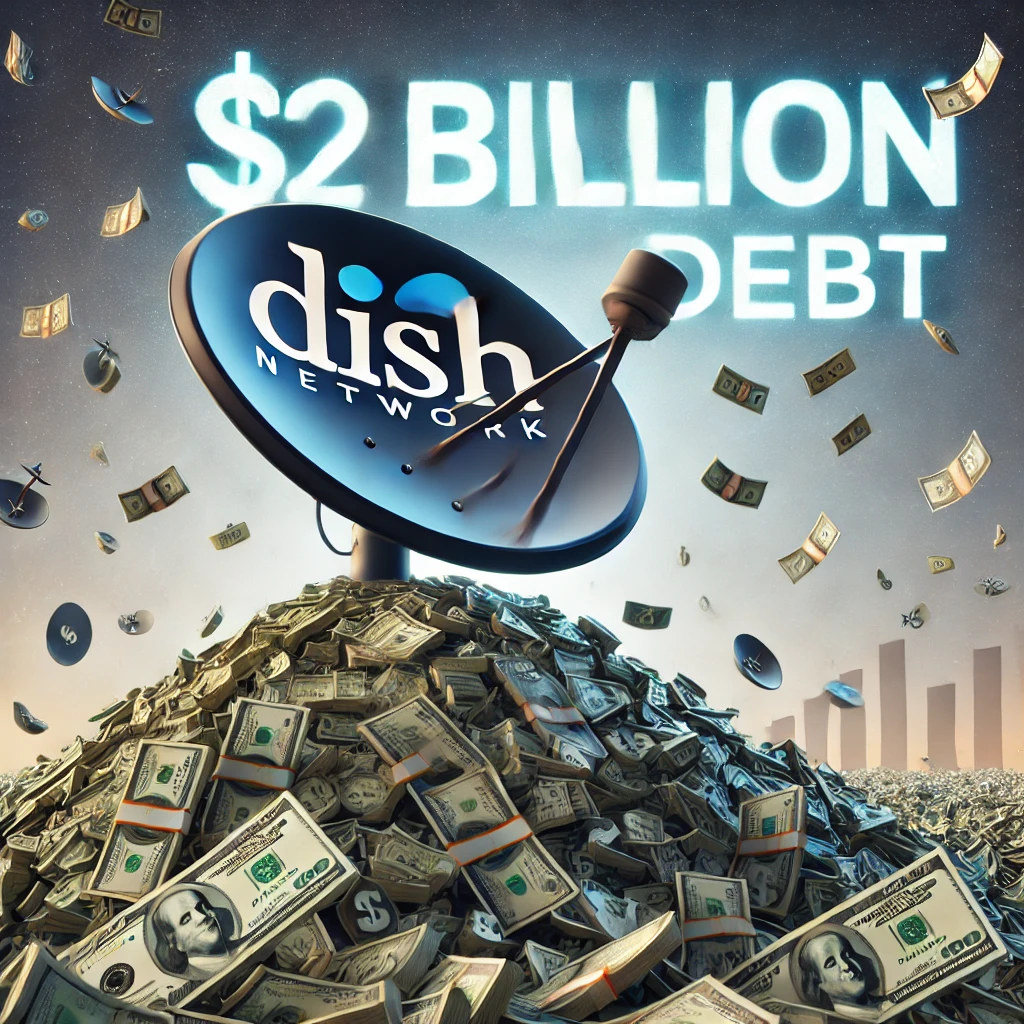
Dish Network has been facing serious financial problems, with $2 billion in debt due soon and only $500 million in cash to pay it off. Without a deal, Dish might have gone bankrupt. DirecTV, which is also losing satellite TV customers, stepped in with a complex offer to take over Dish’s debt and buy the company for just one dollar.
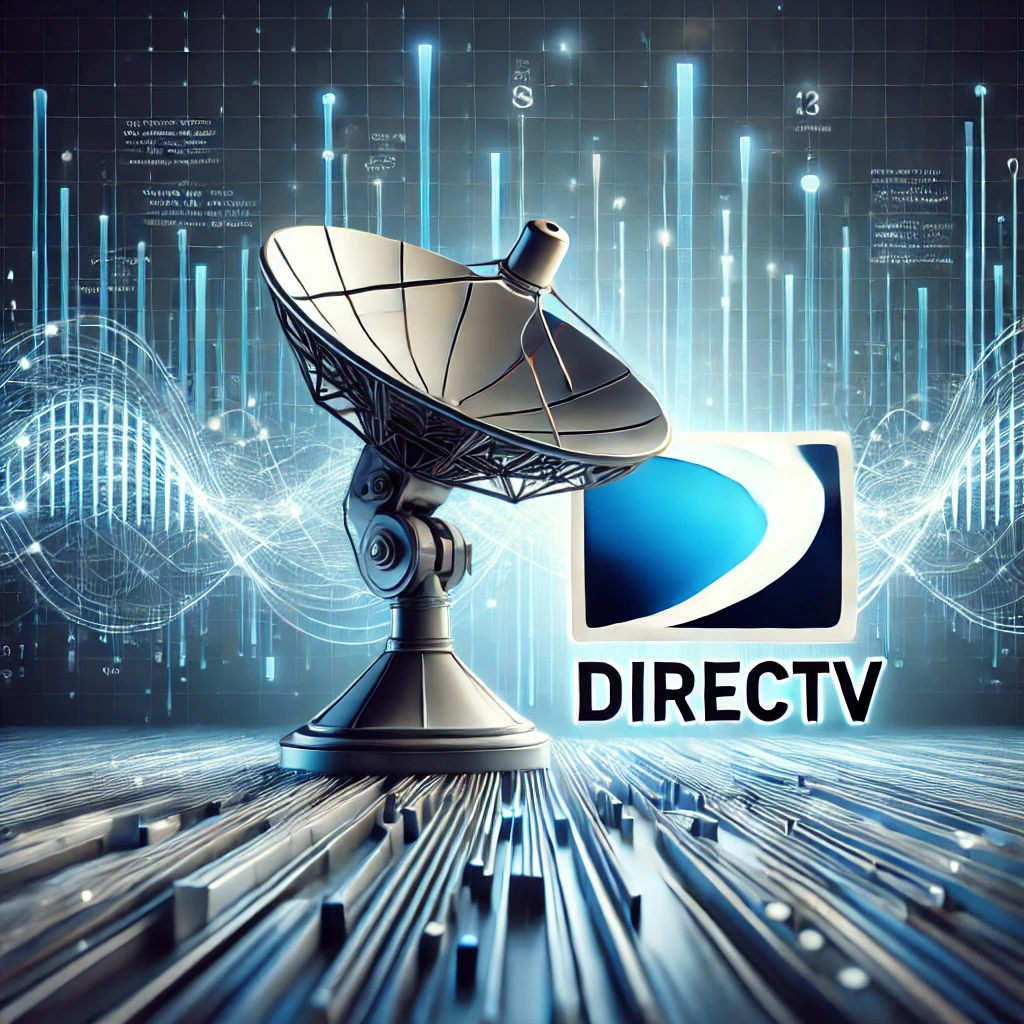
The plan involves private equity firm TPG buying most of DirecTV from AT&T for $7.6 billion. After that, DirecTV will take control of Dish and its debt. Dish’s parent company, EchoStar, will keep its wireless spectrum assets (valuable parts of its business), while DirecTV will take over Sling TV, Dish’s attempt at streaming.
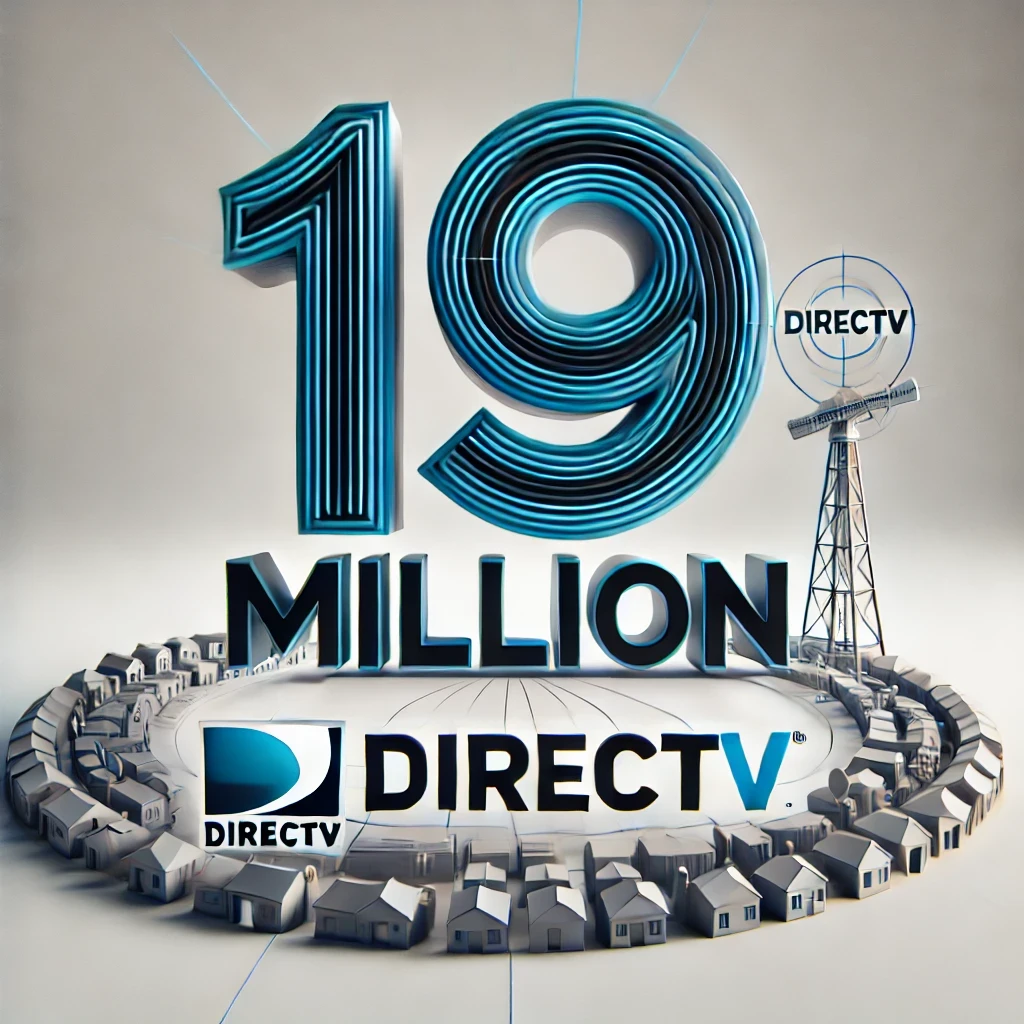
This merger would give the combined companies about 19 million customers, which is more than the 13.2 million that cable TV leader Comcast has. But these numbers are still far behind Netflix, which has almost 300 million subscribers globally.
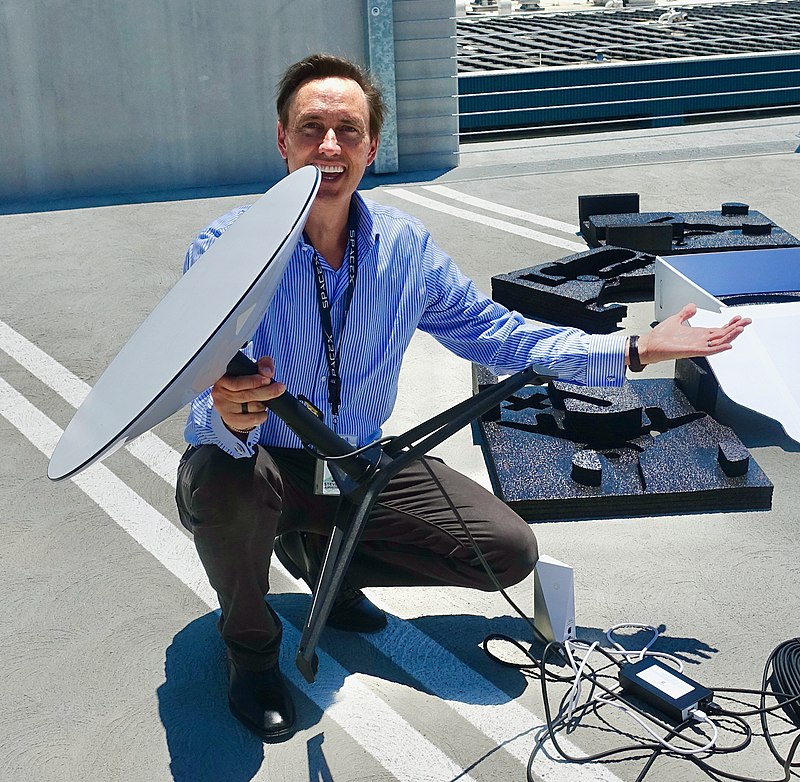
The biggest problem for both DirecTV and Dish is that satellite TV is becoming less relevant, especially in rural areas where they used to be popular. Now, with Starlink’s high-speed internet service available almost everywhere, even in remote places, people are opting for streaming services instead of sticking with satellite TV. Starlink allows them to stream from platforms like Netflix, Disney+, and Hulu, which offer more content for lower prices. The setup of Starlink is simple enough that you don’t need an installer, a huge advantage over other Satellite providers.
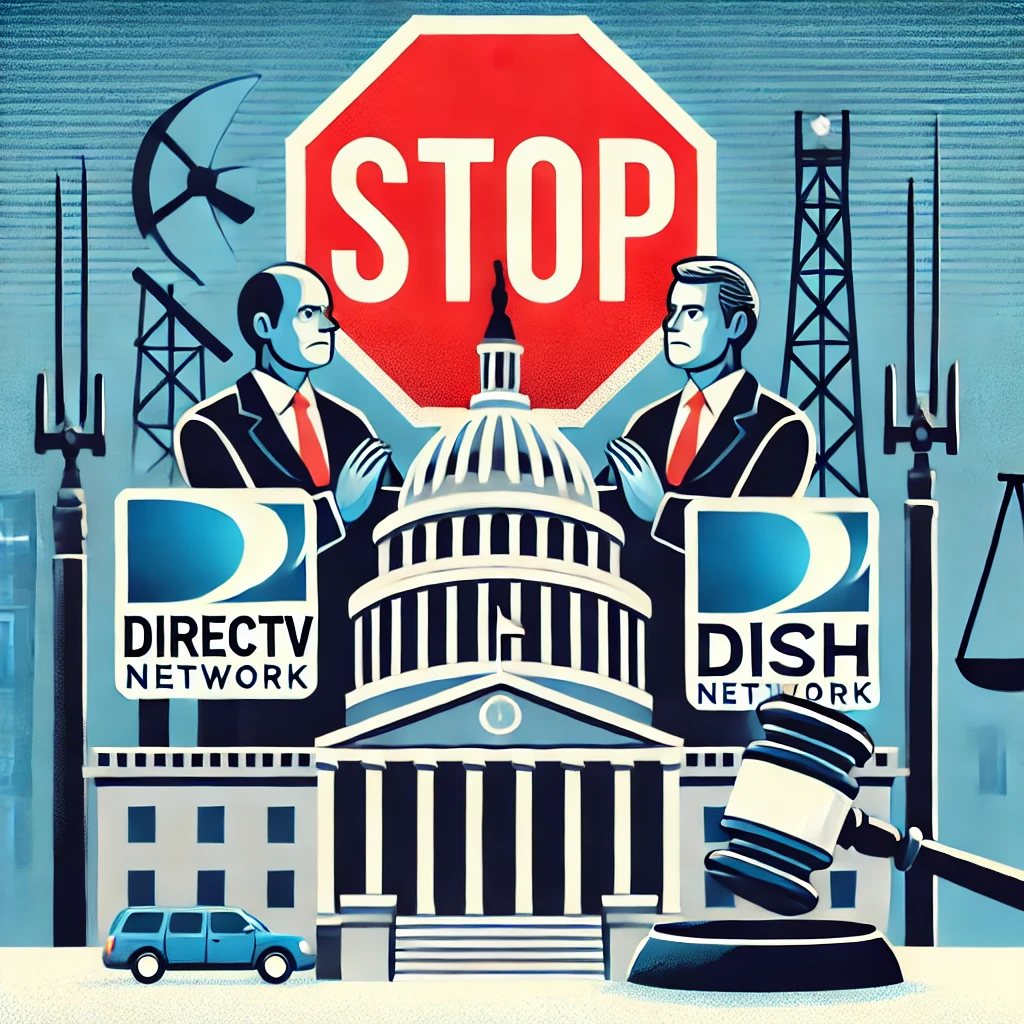
When DirecTV and Dish tried to merge back in 2002, the government stopped the deal, saying it would hurt competition. More recently, in 2020, there were concerns about a possible merger because it could leave rural customers with fewer options. But in 2024, things are different—satellite TV isn’t as important as it once was, and its future is uncertain. Starlink is slowly forming a monopoly on satellite reception.
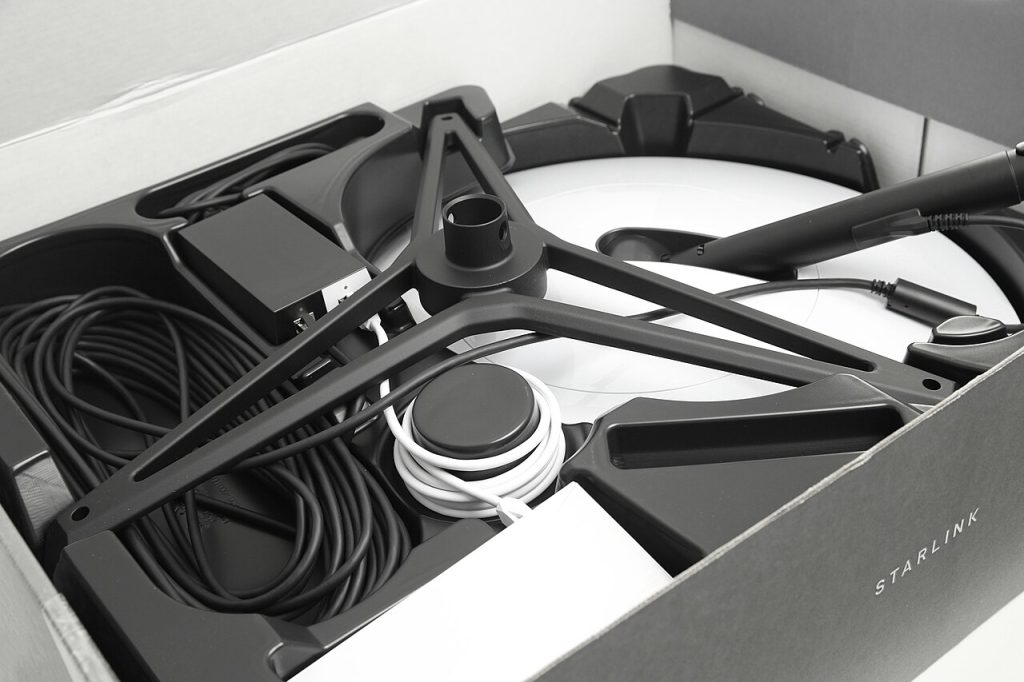
While the merger might help save Dish Network for now, it’s unclear if joining forces with DirecTV will be enough to compete with the growing popularity of streaming. With more people moving away from satellite TV and toward streaming services, the new DirecTV-Dish company will have to work hard to stay relevant in a world that’s quickly moving on.
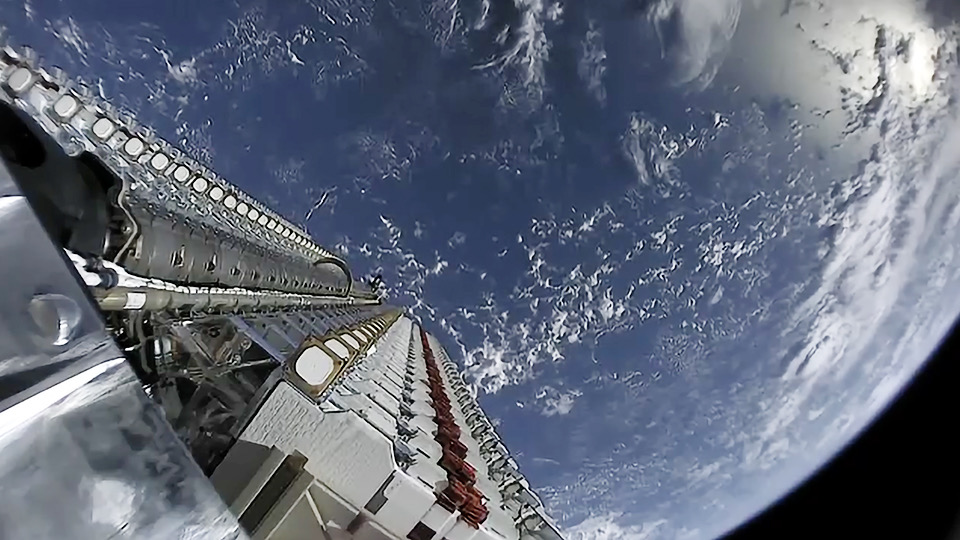
In the end, this merger might be a last-ditch effort for satellite TV, but with the rise of streaming and better internet access, it’s possible that satellite TV could soon be a thing of the past.

